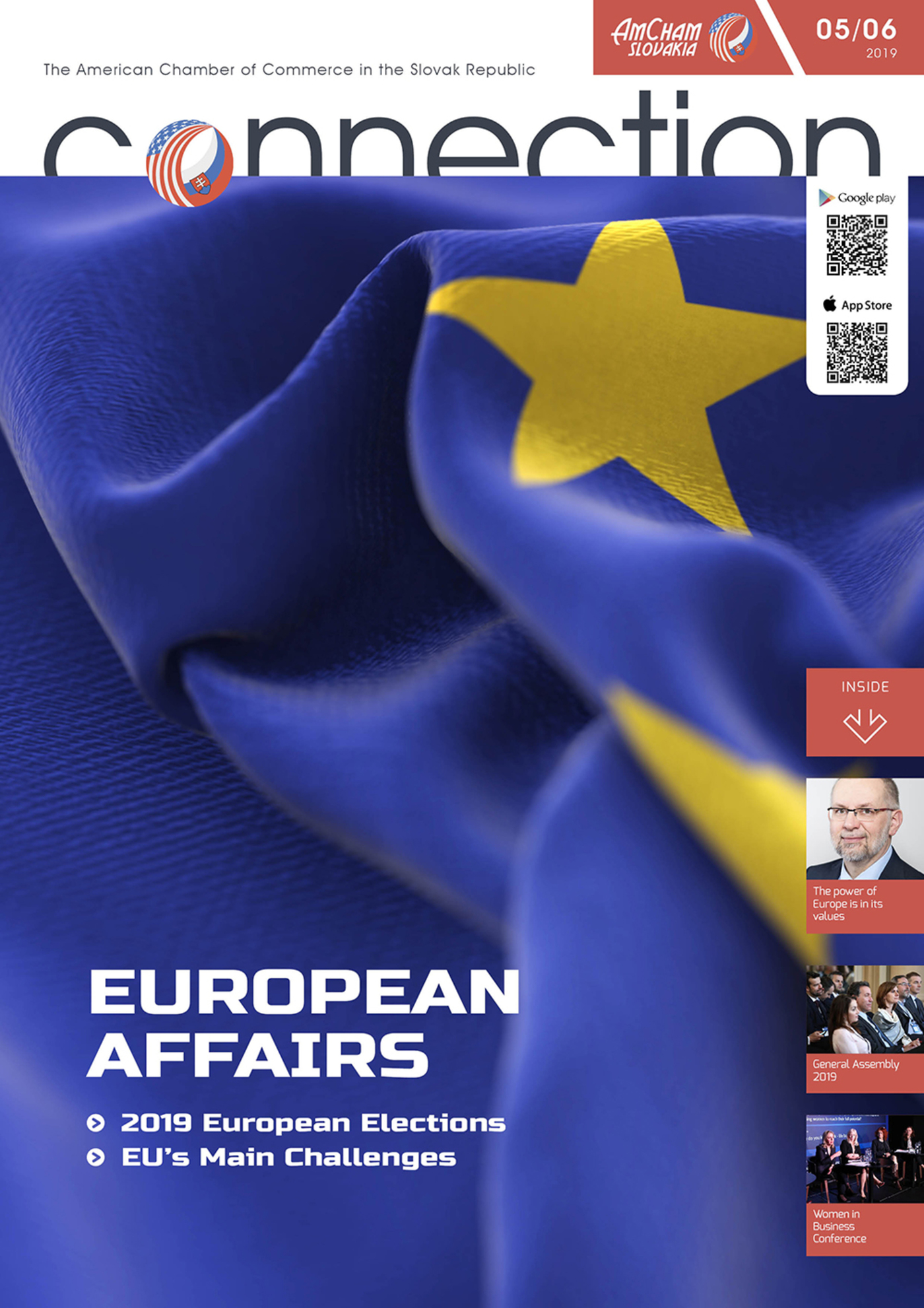But with Slovak political parties relatively uninterested in these elections, according to political analysts, and some parties yet to even start campaigning or publish a manifesto, voters may be having a hard choice picking a candidate out of the more than 100 fielded by 31 parties.
Weak campaigns
Slovakia will have 14 MEPs in the EP, all chosen from parties which gain more than five percent of the vote in the elections. The number of MEPs from each party depends on how large that party’s share of the vote is. Each party in Slovakia can field up to a maximum of 14 candidates and under a preferential voting system, voters can indicate which candidate they would like to see elected.
Most of the main political parties are fielding the maximum number of candidates. However, not all appear to be putting the same effort into their campaigns. While candidates for some parties can be seen on election billboards, campaigns have yet to start on TV or radio with few appearing on political discussion shows to put forward their election programs. Online, party activity appears equally sparse.
This is all in stark contrast with campaigns for parliamentary or presidential elections which always start in earnest months in advance. Political analysts say this is down to the European elections coming so soon after Slovak Presidential elections, which were held in March, as well as some parties seeing EP elections as a lesser priority than other polls.
A recent Eurobarometer survey showed about 20 percent of all eligible Slovak voters were planning to vote on May 25. Martin Slosiarik, Director of the Focus polling agency, said voters’ attitude towards EP elections meant turnout was likely to be low. “Slovak citizens assign the lowest importance to these elections in comparison with all other elections,” he added.
The European Parliament is running an EU-wide campaign to encourage voters to cast their votes. Its “This time I’m voting” campaign is both online and involves a roadshow, organized by the Slovak Office of European Parliament and Representation of European Commission in Slovakia, which will visit 17 towns and cities in May, explaining to people why it is important they vote in the elections and how their vote can influence the lives of people in Slovakia and across the EU.
Analysts say there has been a noticeable contrast between party campaigns and the EP’s campaign encouraging voter turnout. “The EP campaign is more visible and has more energy. Sometimes, it seems European institutions are more interested in EP elections in Slovakia than the actual candidates and political parties themselves,” said Gabriel Eštok from the Department of Political Science of Pavol Jozef Šafárik University in Košice.
However, turnout among certain groups of voters could be high. According to Slosiarik, significantly pro-European parties or notably anti-EU parties could do well at the ballot box.
Zuzana Gabrižová, editor-in-chief of Euroactiv.sk, said the elections in Slovakia would likely see combative campaigning with a clash between pro- and anti-EU political movements. “The new Slovak delegation in the EP will be probably significantly fragmented,” she predicted. She added that while the elections would be important for new parties to consolidate their presence on the Slovak political scene, the ĽSNS would also be trying to build as much as possible on the relatively strong showing of its leader in the recent presidential elections.
Brussels’ fault
The campaigning is also likely to see a focus not just on European issues but also on parties’ local agendas. “Political parties’ campaigns usually focus on topics that voters are most interested in - domestic, national issues,” Pavol Baboš, a political analyst at Comenius University explained, pointing to how parties usually look to highlight how the EU can help solve problems that are primarily domestic.
However, as Eštok outlined, European topics are often uninteresting for voters or people believe that MEPs would struggle to push legislation dealing with those issues through the EP. Slovak politicians have also not always fostered positive attitudes towards the EP among voters. “Parties [now] find themselves in a strange situation where domestically they have previously said that Brussels is to blame for problems with implementing policies, but now they have to try to persuade voters that European Institutions are indeed a positive influence when it comes to political policy,” Eštok said.
How to choose a candidate?
With little campaigning so far, and a deficit of information available to voters, choosing a candidate may seem difficult to many voters.
“The main question is whether you are for or against the continued existence of the EU,” said Eštok. However, voters need to be aware that a candidate’s support, or not, for the EU will not be the only thing determining whether they would prove to be a good MEP, according to Gabrižová. Helping push through legislation and represent voters in the EP means candidates need experience and an ability to work with the various political groups and factions which make up the parliament. “Knowing which European political families Slovak parties belong to can be helpful but voters should be aware that the extent of integration within those political groups varies from party to party,” she said.
Nina Francelová, Staff writer, Slovak Spectator



Follow us